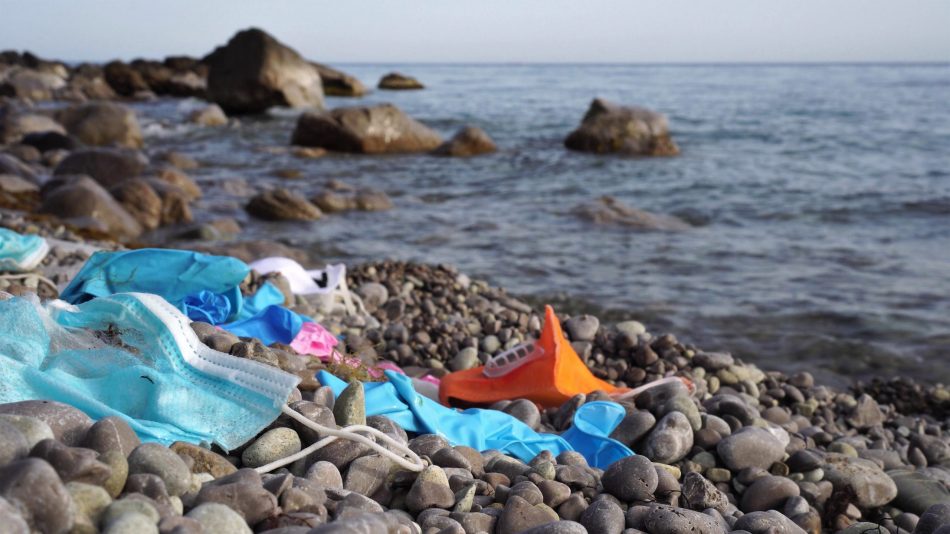
Bacteria-based biofuel offers higher energy density than jet fuel
At a time when the need to replace fossil fuels is urgent, it is amazing to see the results of human innovation and creativity to meet the challenge. Researchers at Berkeley Lab are working on a new producer of biofuel that produces a material that boasts an energy density far higher than jet Read More...

5 lesser-known innovations for a more sustainable home
One of the big questions for environmentally-minded homeowners is how to make their homes more sustainable and energy-efficient. There are some more obvious switches one can invest in, like installing small wind energy systems or household hydropower systems, however, there are also many Read More...

Seaweed could supplement our protein and future biofuel
Sometimes, the answers to important questions were right under our noses the whole time… or, in this case, underwater. A Swedish sea farm is growing seaweed in abundance to show how it can become a major food staple and a potential resource for biofuel and plastics. Sea agriculture At Read More...

Europe’s first biorefinery uses algae to make jet biofuel
The global aviation industry is responsible for more than 2 percent of human-produced carbon dioxide emissions. To put a dent in that statistic, scientists have been actively searching for cost-effective and eco-friendly aviation fuels derived from natural resources. In recent years, microalgae Read More...

Kelp could replace corn and soy as a biofuel base
We’ve written about kelp as a tool for capturing carbon emissions, but it turns out these giant underwater forests could provide a solution for many of our environmental crises. Researchers from the University of Southern California have found that kelp could serve as a fast-growing and efficient Read More...

Scientists design underwater elevator that boosts kelp growth four fold
As the production of biofuel continues to increase, so does the need for sustainable feedstocks. Corn, canola, and sugarcane have all been used to produce biofuels, but the problem is that these feedstocks require land to grow on as well as a lot of resources such as water and fertilizers. Kelp Read More...

Startup launches first-ever commercial rocket using biofuel
Beyond being a thrill to watch, rocket launches are essential for blasting spacecraft and satellites into orbit. That said, there is a big environmental cost that comes with rocket launches as it requires an incredible amount of fuel to start the ascent. Space X’s Falcon Heavy, for instance, Read More...

New chemical process turns biomass into fuel in a cheap, efficient way
While biofuels are a great renewable energy source with a promising potential to help reduce greenhouse gas emissions, producing them is no easy feat. This is in large part due to the fact that converting biomass into liquid fuels is quite an energy-intensive process. Fortunately, scientists at Read More...

Engineers receive grant to create rail car powered by human waste
In the near future, people in the UK may be transported on trains that run on human waste. Yes, you read that right. Last month, Ultra Light Rail Partners received £60,000 ($81,540) from the government’s Sustainable Innovation Fund to further develop a train that runs on biomethane, a type of Read More...

Discarded face masks could be turned into biofuel to produce energy
While the pandemic has benefitted the environment in some ways, it has also brought about an unprecedented problem: the overwhelming number of single-use, non-recyclable personal protective equipment (PPE) leaking into the environment. Concerned about how these single-use masks and gloves can be Read More...


